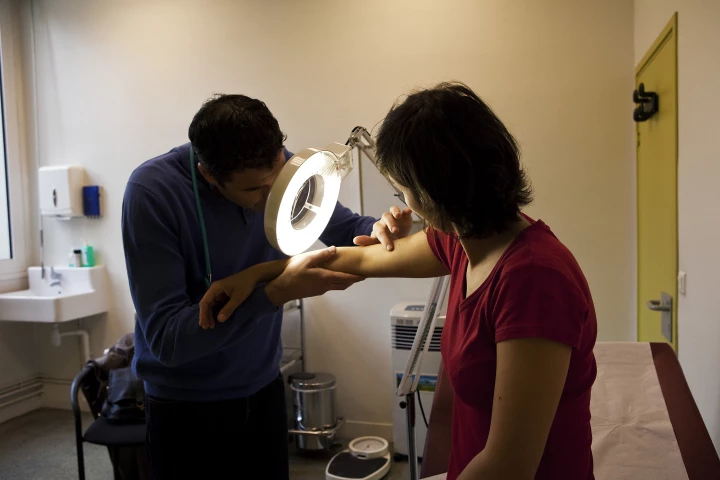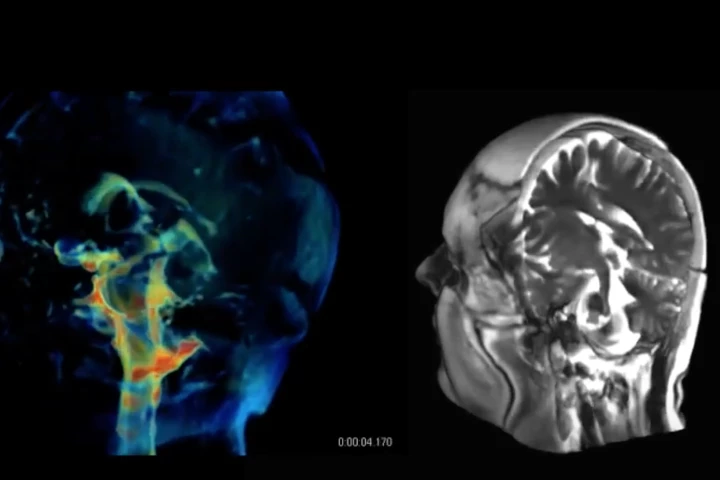Stevens Institute of Technology
-
Researchers have demonstrated a new kind of non-invasive skin cancer detection tool. Preliminary tests found the technology to be 97 percent effective at detecting cancer tissue and the researchers are now working to develop a cheap handheld device.
-
An imaging technique has been developed offering detailed 3D videos of a human brain. The technique offers novel perspectives on the motions of a brain, delivering clinicians a new diagnostic tool and researchers insights into neurological disorders.
-
Although joint replacement surgery typically goes off without a hitch, potentially-dangerous infections can occur after the operation. Scientists from New Jersey's Stevens Institute of Technology are addressing that problem, with a new type of highly-targeted bacteria-killing gel.
-
Could your home one day be powered by patches of mushrooms? Probably not, but scientists have nonetheless created a "bionic mushroom" that does indeed generate electricity – and it may pave the way for more practical bio-electric systems.
-
Lots of houses nowadays are designed to minimize the amount of energy they use and to generate their own electricity. Fewer, though, are designed to withstand extreme coastal weather conditions as well. The high-tech and feature-loaded Sure House does all of this.
-
The Empowerhouse won first prize in the Affordability category of the 2011 US Solar Decathlon and was redesigned to become the first house in the city of Washington, DC built to Passive House standards. Its first family speak of a brighter future in their ultra-energy-efficient home.
-
Biomedical engineering students have invented a blood-warming device, intended to reduce the number of fatalities caused by blood loss-induced hypothermia on the battlefield.






